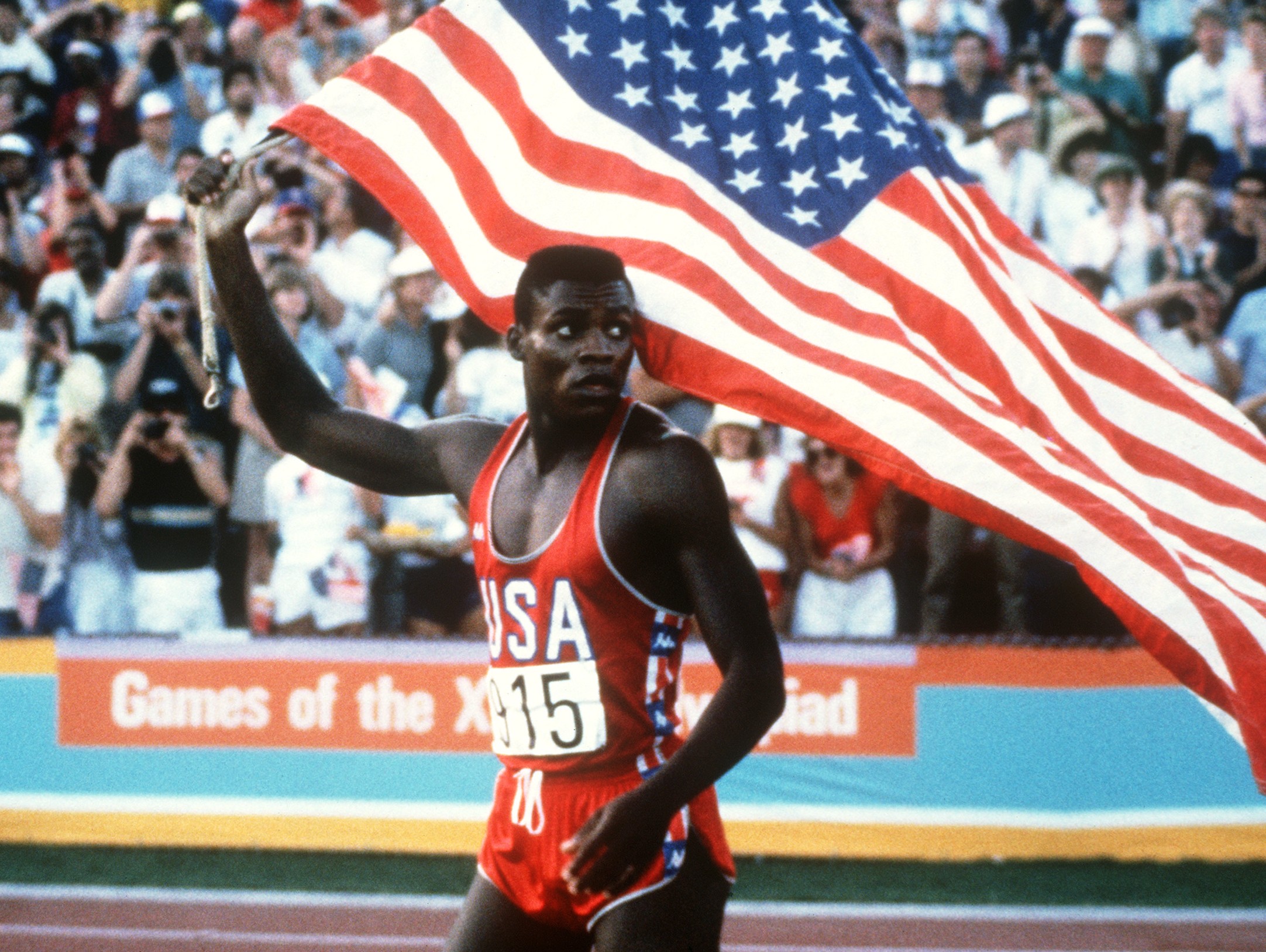As an athlete you spend countless hours perfecting your physical training in preparation for a competition, but are you ready to face the challenge mentally? Leading up to a competition, it is important to provide athletes with the mental tools so that they can learn to manage their own performance and create their optimal level of mental readiness. Strategies such as goal setting, imagery, thought management, and emotional control can be learned through practical exercises that incorporate these elements into the athlete’s practice and daily routines. Athletes can then use these tools to develop their personal routines and plans for achieving mental readiness for competition. These plans can be refined and adjusted during the pre-competition phase as athletes engage in practices, and other tournaments and competitions leading up to the “big event”. Here are some strategies to help you mentally prepare for competition.

Common stressors that affect athletes
When we think of stressors that athletes deal with, competitive stressors like returning from injury, pressure to perform well, and facing a tough opponent may be the first things that come to mind. They are part of the game and can leave the best of us feeling distracted. They are very common and very real stressors that athletes must deal with, but stressors from other life sectors can affect performance just as quickly. Not all stressors are related to the game. Things like dealing with family issues, poor time management and sleep habits, and other life commitments can be some of the hardest things to shift to the back of your mind. When we deal with very personal issues, there’s a good chance it can affect our performance. The best way to mitigate the effects of these stressors is to put together a mental preparation plan.
How to get mentally prepared for a game
Personal stressors can look different from one athlete to another. One may suffer severe bouts of performance anxiety, while another may be overly focused on setting records and delivering a perfect performance. The key is to find out what works to reduce the stressors that affect you. Let’s look at a few of the things you can do to prepare your brain for the big game.

1. Self-awareness
The first step toward a successful mental preparation plan is to understand your own mind and body, understand what stresses you, and the ways in which you are affected by those stressors. It can be helpful to keep a log of your stressors and responses so you can learn how to prevent and overcome them. Your personal nervous system response to stress in sport may differ from other athletes, so it has to be based on you.
2. Find what relaxes and prepares you
Not all of us use the same techniques to prepare for a match or game. Mental preparation for athletes can take many forms. Some like to prepare with soothing music, and others like to blast heavy metal. Some spend the pre-game in solitude, while others like to talk to someone very close to them. None of these is the right or wrong way to do it. It all comes down to what set of steps works for each individual. As you repeat your ritual before each successive game, you’ll likely find that you can feel your stress falling away.
3. Stay focused
If you become consumed thinking about winning or losing, you’ll get distracted from the actions you need to perform physically. It’s important to learn to ignore the factors that you don’t have control over, such as weather or terrain. Focus on the details you need to execute during competition. Instead of visualizing the outcome, identify the individual steps you need to take to get there.

4. Understand how stress can benefit you
Heading into competition, you may feel stressed. Recognize stress as something that can work for you or against you. A small amount of stress can help benefit your performance by energizing you and giving you a rush of adrenaline. What’s important is not letting stress consume you, or turn into anxiety. Learn to accept the presence of stress and use it to your advantage.
5. Visualize yourself winning the game
Success, whether in sports or in life, all begins with having a goal. Your big goal is to win that game. Imagine yourself accomplishing just that. Picture yourself wearing the highly coveted gold medal, surrounded by your coach, teammates, or loved ones who are celebrating your victory. To make visualization more powerful, you can draw goal pictures and write affirmations. Look at your images and statements of success just before the game to boost your confidence.

6. Be optimistic
Now is not the time to dwell on what you could or should have done to improve your performance. With just 24 hours or less before the game, the only thing that can help you is staying positive. Mistakes can happen during the game. Remind yourself not to dwell on your errors and instead focus on what you can do to get ahead and improve your chance of winning.
7. See the competition as a challenge, not a threat
When you perceive something as a threat, it is more likely to cause you stress. Athletes who reframe an event as a challenge, as opposed to a threat, increase their performance. Instead of thinking about the potential negative consequences of losing, they should reframe the match as an opportunity to succeed. The increase in stress caused by focusing on ‘what could go wrong’ will also hinder the quality of their sleep the night before a match.
8. Assess Your Self-Talk and Eliminate Self-Defeating Attitudes
Take inventory of your internal dialogue throughout the day. Are you saying negative, self-defeating things to yourself? Self-talk, whether positive or negative, can often become a self-fulfilling prophecy. Avoid being overly critical of yourself and underestimating your abilities. If you catch yourself saying negative things to yourself, consciously make an effort to replace those thoughts with positive self-talk.

9. Deep breathing
In sports psychology, there’s a great emphasis on mental wellbeing as well as the physical. Deep breathing is a practice that all athletes employ in some form. It has the benefit of helping you clear your mind and to be in the present. This is useful before any pressurized performance and in daily life too. Plus, there are also many benefits in this approach; it can improve blood flow, posture and aid digestion too. Keeping your emotions in check is important as part of your mental preparation, and deep breathing is a great way to focus the body and mind.
10. Sound sleep & meditation
A good sleep is necessary to charge players for the day because it washes all the tension that had previously crept into their minds. Finally, meditate the night before the competition and an hour before the game. Meditation reduces stress, clears the mind, helps you stay focused and increases your pain tolerance. A simple meditation technique is to pay attention to your breathing. Notice how your body moves as you slowly inhale from your nose and exhale from your mouth.
Final thought
There are a number of strategies that anyone can use to help them think about the right things before a match. Getting into the right frame of mind the night before a competition is a great way to ensure that you hit the ground running the morning of your competition.

Dr Saranjeet Singh
Fitness & Sports Medicine Specialist
Lucknow







